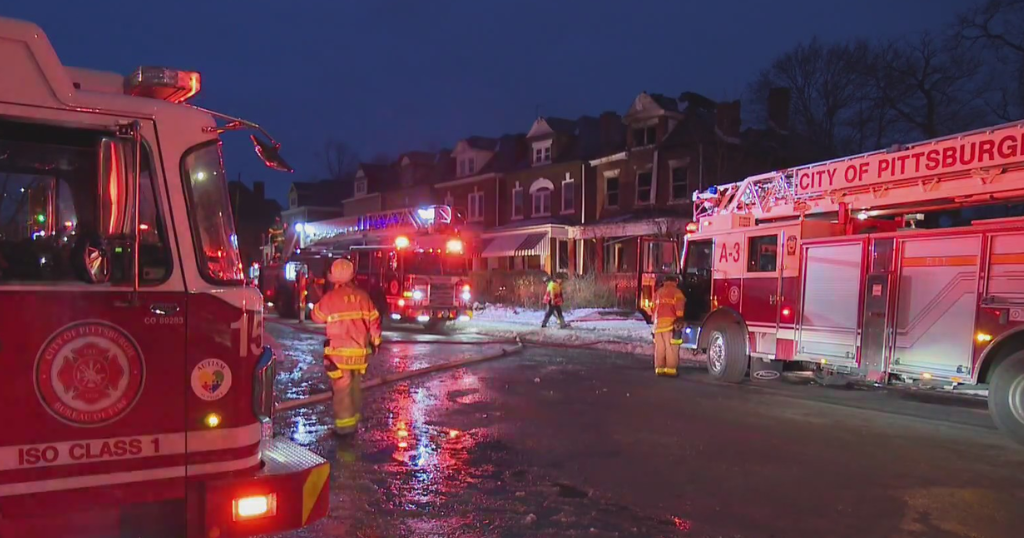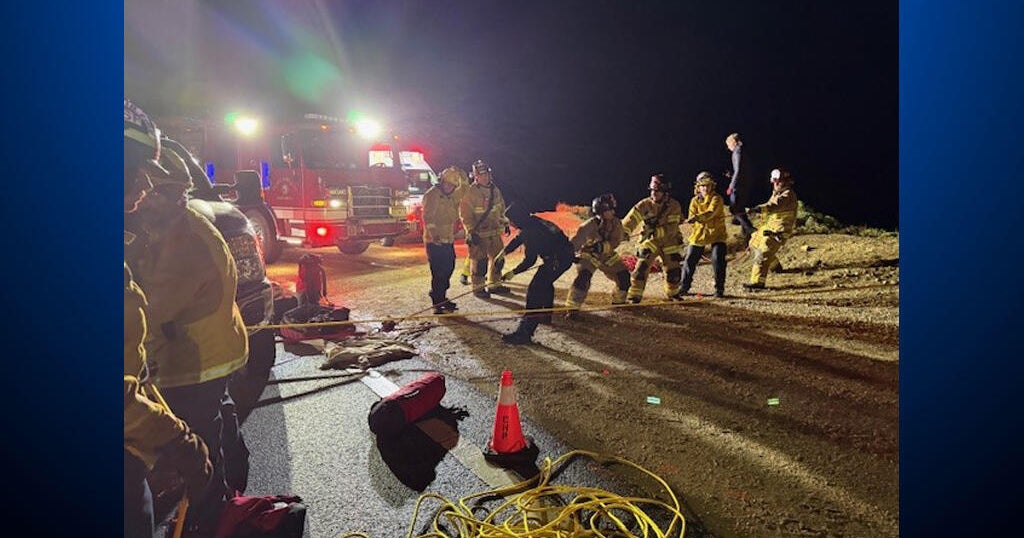Life-Saving Mission: An inside look at UPMC Stat MD
PITTSBURGH (KDKA) - If you are flying in an airplane somewhere around the world and there is a medical emergency, flight crews have several procedures to follow, and one of those procedures is to call UPMC Hospital and speak with a doctor in live time.
If you are on a plane 30,000 feet in the air and you have a medical emergency, one of the first calls the flight crews may make, would be to the 13th floor here of UPMC's Presbyterian Hospital.
On the top floor of UPMC Presbyterian Hospital in Oakland sits UPMC's communications center. Within this room is the command center for STAT MD.
Their mission is three-fold. First, STAT MD works to dispatch EMS units throughout the city of Pittsburgh. Second, it directs medical helicopters on missions throughout the region, and third, dispatchers here aid both private and commercial airlines in live time with medical emergencies.
Dr. TJ Doyle, the Medical Director of STAT MD, says that from this small command center last year, they helped over 18,000 flights around the world.
"STAT MD provides services for the airlines in two areas. The first is for in-flight medical events, so we provide consultation services for an in-flight medical event that can be occurring on an aircraft any were in the world," Dr. Doyle said. "We also provide a service for passenger screenings or what they call fitness to fly evaluations."
If someone is sick at the gate and the ground crew needs advice on whether or not that person can or should fly, they call STAT MD.
If there is a medical emergency mid-air, the flight attendants will call STAT MD for recommendations on how to handle the emergency.
STAT MD says that when called, they will have a doctor on the phone within 90 seconds and they can recommend anything from what attendance should use from their med kit, to where the flight may need to divert to for further help.
Dr. Doyle says this program started in 1998 and grew out of airlines diverting too many flights mid-flight for small medical emergencies. He says, the system now, helps prioritize safety while helping these airlines make a balanced decision for both their passengers and crew when an emergency happens.
"What you need to do is find a balance and sometimes there's an absolute indication for diversion to help that particular passenger and you absolutely want to do that, but you also want to be able to help a situation where you don't need to divert and prevent a prevent and unnecessary diversion with the cast cade of events that occur after that and the costs," Dr. Doyle added.
So, the next time you are flying somewhere, remember that along with all the safety measures that go into your average flight, one of them is a medical team standing by in Pittsburgh just a phone call away.
Though this facility is still on the 13th floor here at UPMC Presbyterian Hospital, it will be moving in October to the Allegheny County Airport where they will have more room, but the same staff.







